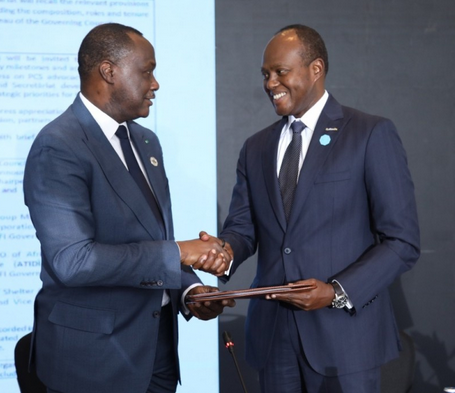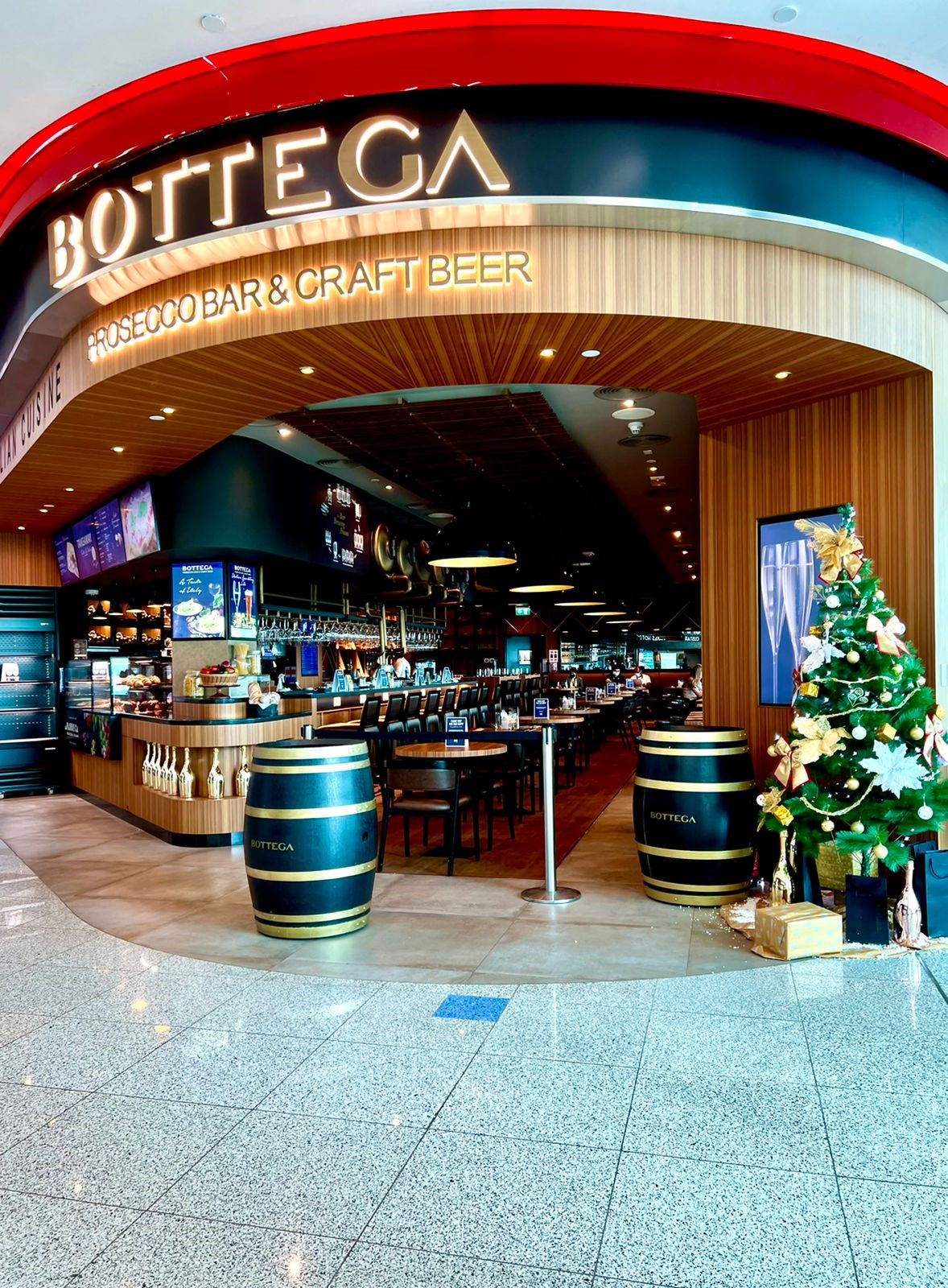A rich agenda inspired by the themes of conviviality, sustainability and innovation characterises the Italian Cuisine Week 2022 in the United Arab Emirates. The event is the result of a collaboration between the Italian Embassy in Abu Dhabi and the Italian Academy of Cuisine.
During the week between 14 and 20 November, some of the best Italian restaurants in Abu Dhabi and Dubai will present special dishes created for the occasion with the aim of promoting the Italian cuisine.
In Dubai, the restaurants participating in the event are: Torno Subito (one Michelin star), Il Borro, Alici, Luigia, Bottega Prosecco Bar and Vanitas by Palazzo Versace.
While in Abu Dhabi they are: Talea at the Emirates Palace, Sole, Verso and Antonia. Bottega is very pleased that its Prosecco Bar, at Dubai Airport, is among the selected Italian restaurants for the excellence of its cuisine.
For the occasion, the chefs of the Bottega Prosecco Bar have created an unusual recipe: 'Pappardelle del Golfo'. This is handmade pappardelle, seasoned with shrimp and barracuda ragout in a delicate tomato sauce.
The skin and bones of the barracuda, usually discarded, are dehydrated and finely ground and used as the basis of the pasta dough. This is a highly sustainable dish with 100 per cent ingredients produced and sourced in the Emirates, characterised by very little waste and at the same time convivial.
Prosecco Bar is a concept created by Bottega with the aim of exalting the excellence of our country and gratifying the consumer's palate. Specifically, it replicates the philosophy of the Venetian bacaro, that is, of an informal osteria, where food is presented both as 'cicheti', or appetisers to be eaten at the counter, and as more structured dishes to be served at the tables.
The combination with Prosecco, favoured for its versatility, and with other Italian wines contributes to making every short or long moment spent in a bacaro a pleasant experience that enriches the spirit and refreshes the soul. Bottega Prosecco Bar is therefore an evolution of this philosophy which, extrapolated from the Venetian reality, can be reproduced all over the world.
The grapes are harvested by hand and vinified at a controlled temperature. The skins remain in contact with the must for 24 hours. Must and skins are then separated by gentle pressing.
Fermentation takes place at a controlled temperature of 18° C. Afterwards, the resulting wine goes through the mousse taking process. The second fermentation takes place in steel containers, according to the Charmat method, at a controlled temperature of 14° C and lasts 60-90 days.











